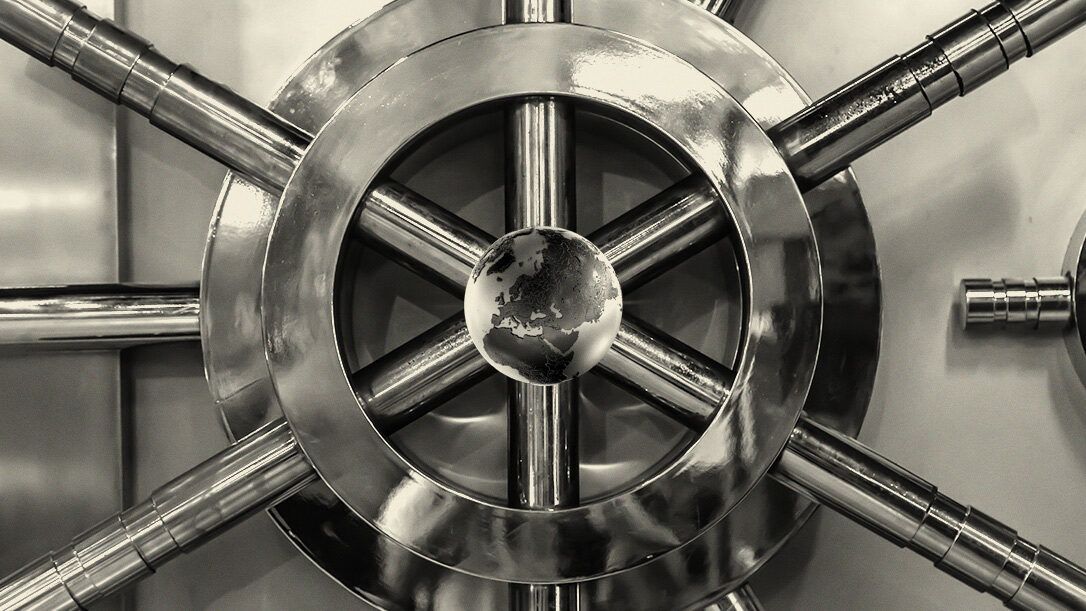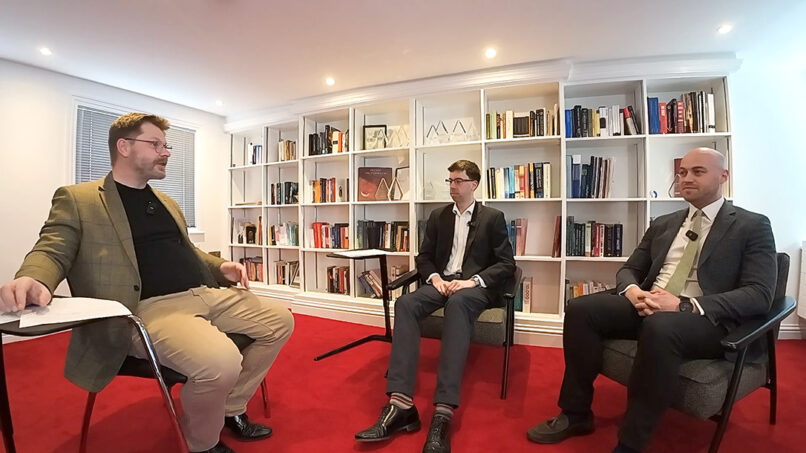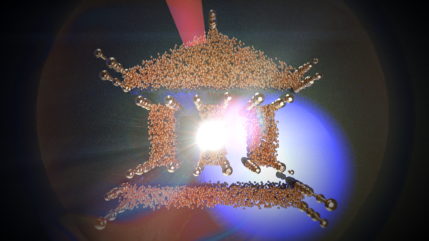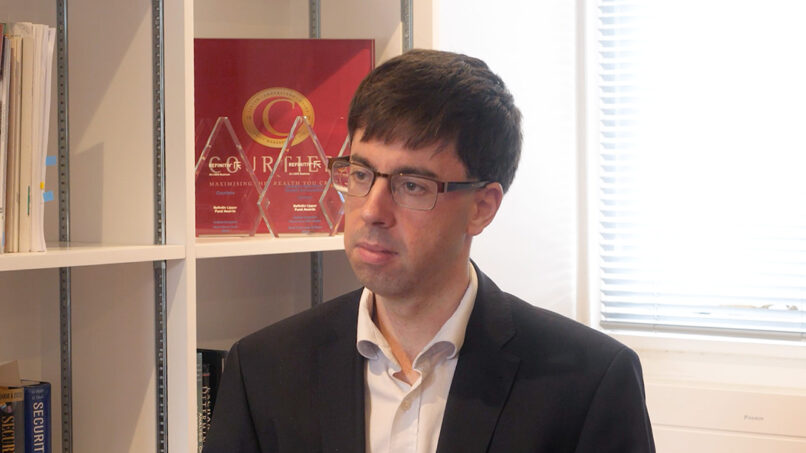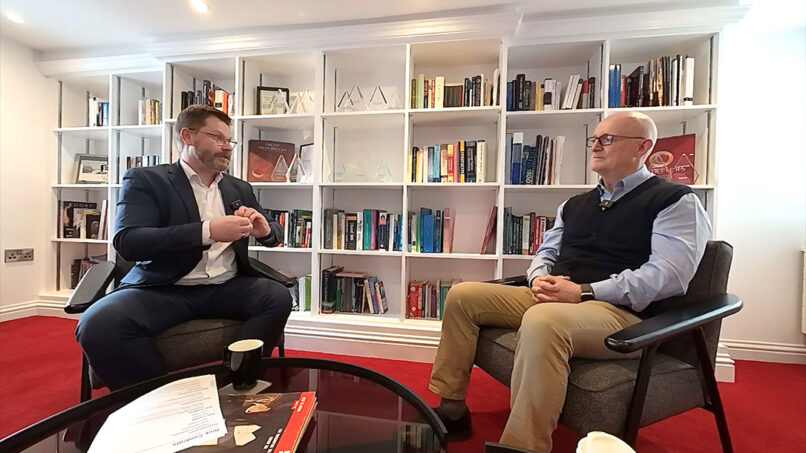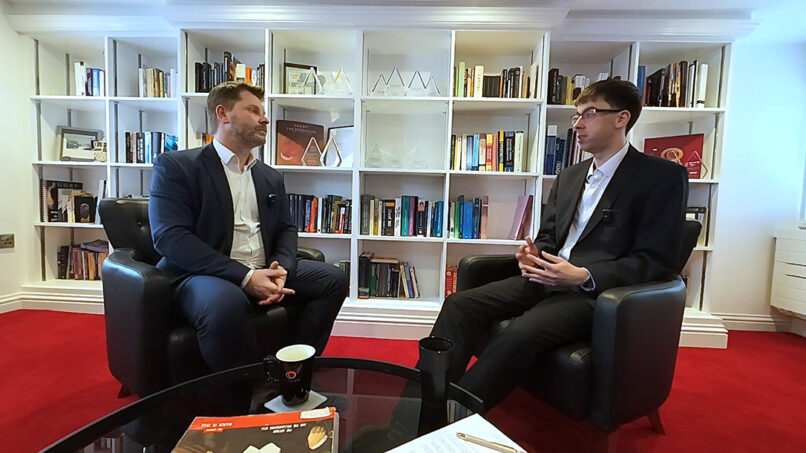Actions taken since the 2008 financial crash have greatly reduced the chances of “a systematic banking crisis” following Russia’s invasion of Ukraine.
Gary Reynolds, Courtiers CIO, said that the risk of a financial crisis on the scale of the 2008 financial crash had been massively reduced as a result of the work done by governments and regulators around the world to strengthen banks and to increase the resilience of the financial system.
“Nobody has forgotten 2008, you can never assume it’s completely failsafe, but it’s probably the safest financial system the world has ever had,” said Gary.
Following Russia’s invasion of Ukraine at the end of February concerns were expressed that Russia might default on its debt and that Western banks might not get back what they were owed. The Bank for International Settlements calculated Western banks were owed $121bn by Russian entities. European banks have total claims of $84bn with banks in Italy, France and Austria the most exposed.
As part of the package of sanctions imposed on Russia following its invasion, seven banks were removed from SWIFT, the international payments system, and the value of the rouble plummeted – although it has since recovered – putting added pressure on the Russian economy and banking system.
On March 13, the Head of the International Monetary Fund, said that she no longer thought of a Russian default on its debt “as an improbable event.” However, she then went on to say that Western Bank’s total exposure of $121bn, was “not systematically relevant”. More recently, analysts have said that if anything the risk of a default has risen.
Gary agreed that while Western banks’ exposure to Russia, was “not insignificant”, even were it to default, he didn’t think this would lead to “a systemic crisis”. “There’s been so much work done to make sure that the big banks are ring fenced and that there are firebreaks in the event of any catastrophe that I don’t think there is much chance of even a default leading to this.”
As a result of the actions taken since the financial crisis, “the big players in the banking sector are so much more secure than they were 15 years ago.”
Furthermore, compared to their global assets that run into tens of trillions, the $121bn owed to Western banks was something they “can easily absorb”.
Asked where on a scale of one to ten the current situation rated, with the financial crashes of 2008 and 1929 both being 10, Gary responded; “In terms of what the war means for the people of Ukraine it’s a ten, but if you ask me purely from a financial point of view, it’s a five.”
Although Gary was clear that Western Banks are better prepared to deal with unexpected crises than they were 15 years ago, he acknowledged that there were risks to other financial institutions, such as insurance companies, pension funds and asset managers with investments in Russia.
Looking at Courtiers’ own exposure, Gary said this was extremely limited, with Polymetal, which has gold mining interests in Russia the only direct holding. He explained that even in the weeks before Russia invaded Ukraine, as the situation unfolded a lot of work had been going on to monitor and manage any risks. This work was continuing; “I know the extent to which the regulator, our depository and our own internal compliance department are all over us all the time. It’s not keeping me awake at night.”
Moving on to China, which risked economic sanctions if it supplied arms to Russia, Gary said; “We won’t be on the hook because we don’t hold direct stocks in China. We haven’t done for some time because we are just uncomfortable with the increasingly authoritarian regime.”

